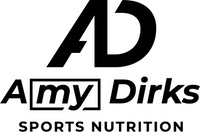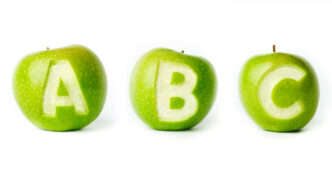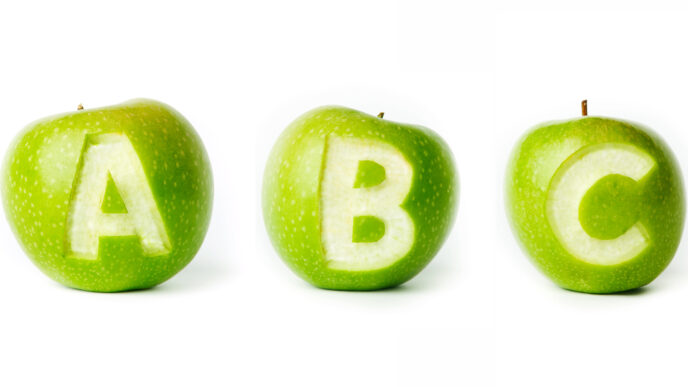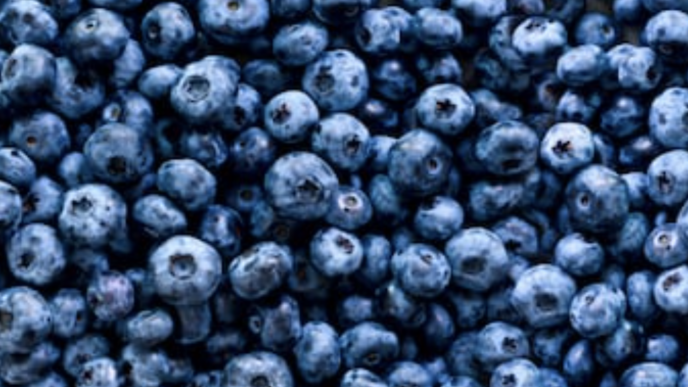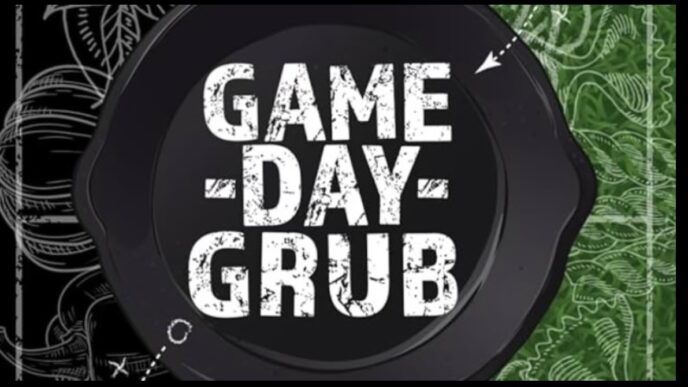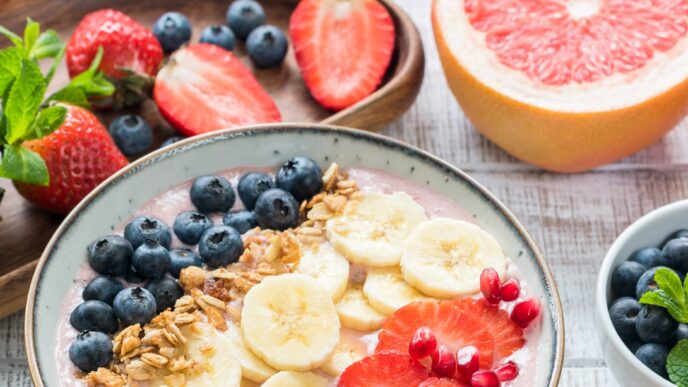Want Significant Gains in Performance and Recovery?
In almost every scenario you can think of, whether it be a professional soccer player in the MLS, a youth soccer player just beginning his time on the field, or someone wanting to lose body fat, a healthy change in diet can be beneficial. I’m always surprised when I hear how resistant people can be to changing their eating habits, yet they are okay with taking a pill that has tons of side effects.
Here is former MLS Sporting Kansas City Nutritionist Amy Dirks on the importance of being in control of what goes into your mouth.
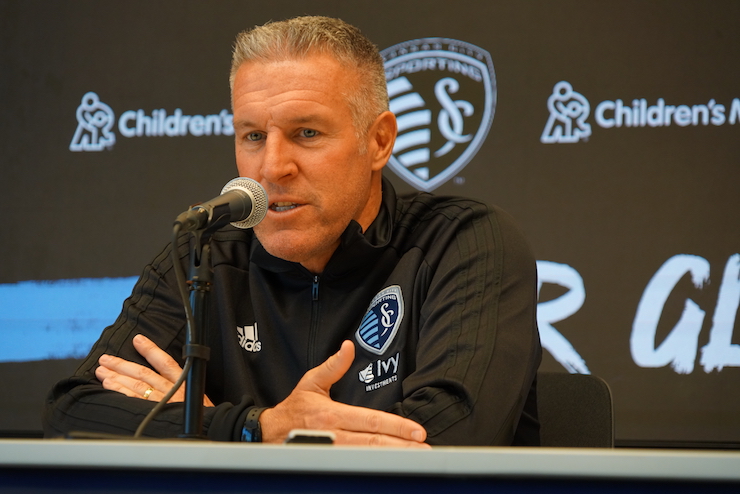
“AMY’S GUIDANCE ON HEALTHY AND CREATIVE FOOD OPTIONS MADE OUR PLAYERS BETTER INFORMED AND BETTER POSITIONED TO SUCCEED,” said Peter Vermes, MLS’ Sporting Kansas City Manager since 2009.
What A Soccer Player Eats Impacts Their Performance On The Soccer Field
If you think diet doesn’t make a difference, I hope this article will enlighten you. I dare you to try it for a few weeks and see what happens!
Working hard is important, but controlling what you eat and what you put into your body is a simple concept that can yield huge gains in performance and recovery.
IT’S TIME TO STOP THINKING THAT MORE TRAINING AND WORKING HARDER IS THE ANSWER.
That thought concept is antiquated.
Soccer players with good nutrition have improved their performance during sports. At the most basic level, our foods break down into chemical messengers that tell our cells what to do.
Controlling what food and drinks you buy in the grocery store is up to YOU (if you are a younger athlete, your parents/guardians and your coaching staff should help you make good decisions).
The best news? You are in control of what you eat. (This is one of the controllable things you can control.)
YOU CAN EAT TO HEAL YOUR BODY
The Impact of Nutrition and Performance for Youth and Adult Soccer Players
Do you want more energy for activity? That’s food related. The carbohydrates, what types of carbs you ingest, the fats, and how much and when all impact your performance.
Are you dehydrated and cramping? That’s micro-nutrient related.
Do you need increased strength to lift weights? That’s also food related—protein, amino acids, hormones, all impact a player’s power.
I KNOW FOR A FACT THAT IN SOCCER, BODY COMPOSITION IS IMPORTANT.
Even if it’s not the focus, a soccer player wants to feel light on the field and not weighed down by extra bloat and weight. This is not just genetics and how hard you train—it is impacted by your diet!
You should not ignore how much impact nutrition can have on Performance.
Proper nutrition can help with:
- Energy levels and delaying the onset of fatigue
- Preparing for the next day’s training or competition
- Improves body composition
- Improves strength
- Enhances concentration and mental alertness (the gut communicates with the brain via neurotransmitters; essentially what you eat is telling your brain what to do)
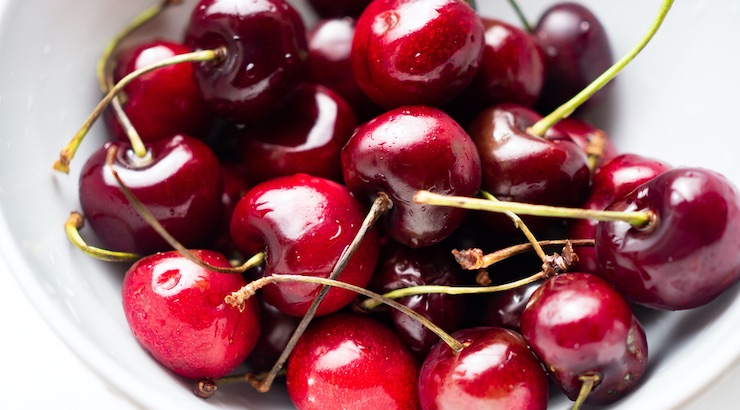
The Impact of Nutrition and Recovery for Youth and Adult Soccer Players
There is always emphasis on the performance side of sports, but don’t overlook the importance of recovery! When training hard, breaking down those muscle fibers, losing those electrolytes, and depleting the body, how are you supposed to perform at the highest level the following training day if you didn’t recover properly?
What happens when this cycle occurs over and over again? Don’t set yourself up for this failure.
Proper nutrition can help with:
- Injury prevention
- Muscle healing
- Decreased muscle tiredness and soreness
- Increases immune function
- Better sleep quality
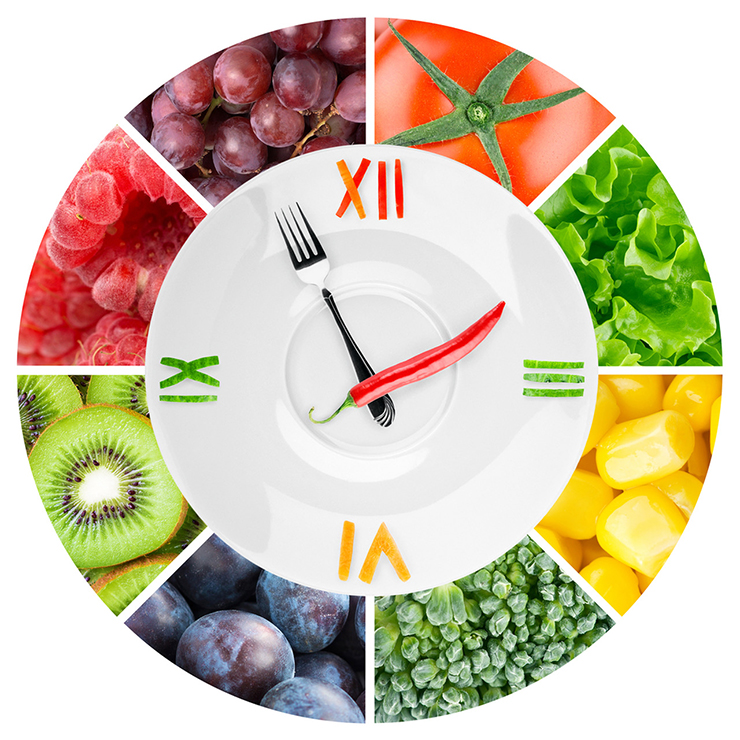
Soccer Coaches Can Use Good Nutrition As A Tool
Coaches are sometimes the key contact for an athlete regarding nutrition information and education. Please don’t overlook this huge opportunity to help your team overall and an athlete and their well-being.
Athletic goals for the team and/or individual athletes will determine nutrition needs. However, ALL athletes can benefit from a solid nutrition foundation where general healthy choices are emphasized, water is recommended, unhealthy options are not readily available, and healthy foods are enjoyed when eating as a team, with some nutrition education thrown in as to why those choices are best.
I have yet to meet a parent who doesn’t care about their child’s performance and health and wants the best for them!
EATING THE RIGHT FOODS IS CRITICAL FOR OPTIMAL PERFORMANCE.
Players can benefit from a list of healthy snacks, recommendations for quality pre-game options, and/or post-recovery foods. Think of starting a “no soda” challenge, emailing a weekly nutrition tip, or simply getting parents involved if the athletes are younger and explaining why this is important.
Just think of the nutritional guidance professional clubs give their players. The sooner a youth soccer coach or club starts sharing nutrition advice with their families, the faster their players (and the team) will experience the benefits.
It’s also essential to eat them at the correct time.
IF YOU WANT THE RESPECT OF YOUR ATHLETES, YOU SHOULD PRACTICE WHAT YOU PREACH.
While working in the MLS, I was fortunate enough to have the full support of the coaching staff. This top-down support greatly impacted the club, the sports nutrition program, and the athletes’ overall success.
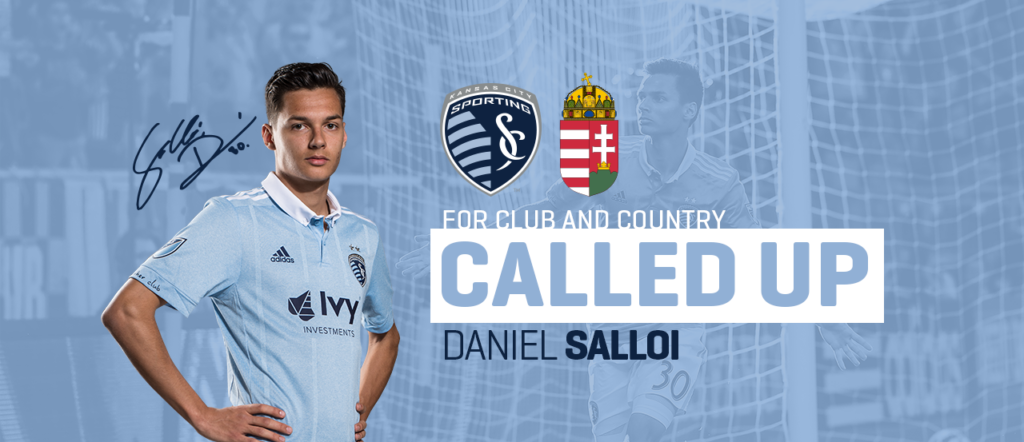
“When I came to Sporting KC I was a skinny tall player from the Academy. Amy helped me find ways to enjoy gaining weight and building muscle,” said Daniel Salloi, Sporting Kansas City striker. “She was a great part of our club and made us feel important and special. I aimed to gain weight and build muscle while working with Amy, which worked out perfectly.”
My column on SoccerToday offers great advice for soccer players of all ages and levels, from beginning recreational players to high-level professionals, and I am told the articles are well—liked. However, the articles can’t break down the necessary steps and successful tricks for providing nutritional advice for soccer clubs.



